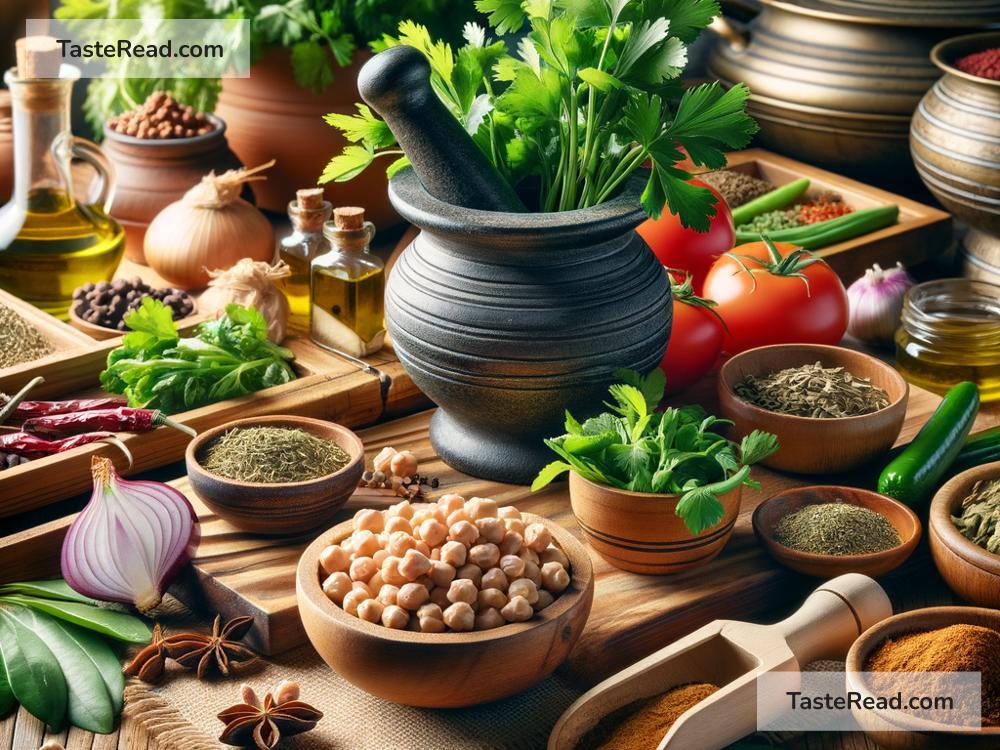Embarking on a Culinary Journey: How I Mastered Authentic Lebanese Dishes at Home
Growing up, the aromatic scents and the vibrant colors of Lebanese cuisine always fascinated me. The rich flavors of spices, the tanginess of freshly squeezed lemon, and the earthiness of olive oil created a symphony of tastes that I could never forget. However, replicating these traditional Lebanese dishes at home seemed like a daunting task. But with a sprinkle of determination and a dash of curiosity, I embarked on a culinary journey that not only brought me closer to my roots but also equipped me with the skills to make authentic Lebanese dishes right in my own kitchen.
Starting with the Basics
My journey began with an understanding that to master Lebanese cooking, I had to familiarize myself with its essential ingredients and spices. Olive oil, garlic, lemons, and a variety of fresh herbs became staples in my pantry. I also stocked up on spices like sumac, za’atar, and allspice, which are crucial for that authentic Lebanese flavor.
Learning about these ingredients wasn’t just about what they were, but how they interacted with each other in dishes. I realized Lebanese cuisine is all about balance and harmony in flavors, and this foundational knowledge was my first step toward mastering these delightful recipes.
Diving into Recipes
My initial attempts at Lebanese cooking were focused on some of the more straightforward, yet iconic dishes. I started with Hummus. This creamy chickpea dip was a familiar favorite, but making it from scratch was a revelation. The key was in the quality of the tahini and the generous use of lemon juice – these made all the difference, transforming my hummus from ordinary to extraordinary.
Next, I ventured into making Tabbouleh, a refreshing parsley and bulgur salad, teeming with mint, tomatoes, and a lemony dressing. Achieving the perfect balance of ingredients so that no single flavor overpowered the others was a lesson in patience and precision.
Good Food Takes Time
Perhaps one of my most challenging endeavors was mastering Grape Leaves (Dolmas). Wrapping the leaves without tearing them, and cooking them to the perfect tenderness, tested my patience. However, this process taught me an important lesson that is central to Lebanese cooking and perhaps to life as well – good things take time and care. The first batch might not have been perfect, but with practice, I learned the technique, and the satisfaction of seeing my family enjoy them was immeasurable.
Seeking Expertise
Realizing that there was only so much I could learn on my own, I reached out to my Lebanese friends and their families, who were more than eager to share their recipes and techniques. Cooking alongside them, I absorbed not just the “how” but the “why” behind the dishes. I learned that making Kibbeh, a labor-intensive dish of ground meat and bulgur wheat, wasn’t just about following a recipe; it was about embracing the process and pouring your heart into the dish.
Bringing People Together
One of the most beautiful aspects of Lebanese cuisine, I discovered, wasn’t just in its taste but in its ability to bring people together. Preparing a meal became a communal activity, a way to connect with friends and family. Sharing stories over the dinner table, passing down recipes from one generation to the next, I realized that this was what made these dishes truly authentic.
Conclusion: A Journey of Discovery
Learning to make authentic Lebanese dishes at home has been a journey of discovery. It’s been about connecting with my culinary heritage, understanding the ethos of Lebanese cooking, and embracing the joy of sharing food with loved ones. The key takeaways from my journey have been patience, practice, and the willingness to learn from mistakes. Lebanese cuisine, with its intricate flavors and techniques, might seem intimidating at first, but with a little bit of courage and a lot of love, it’s a culinary adventure that’s absolutely worth embarking on.
From Hummus to Tabbouleh, from Dolmas to Kibbeh, each dish has taught me something new, not just about cooking, but about life. And as I continue to explore this rich and flavorful cuisine, I’m reminded of a beautiful Lebanese saying: “Cooking is an act of love.” And indeed, what started as a personal quest has transformed into a journey of sharing that love, one dish at a time. So, to anyone looking to dive into the world of Lebanese cuisine, all I can say is, embrace the journey, cherish the learning, and your kitchen will soon be a haven of incredible flavors, filled with the warmth of Lebanese hospitality.


